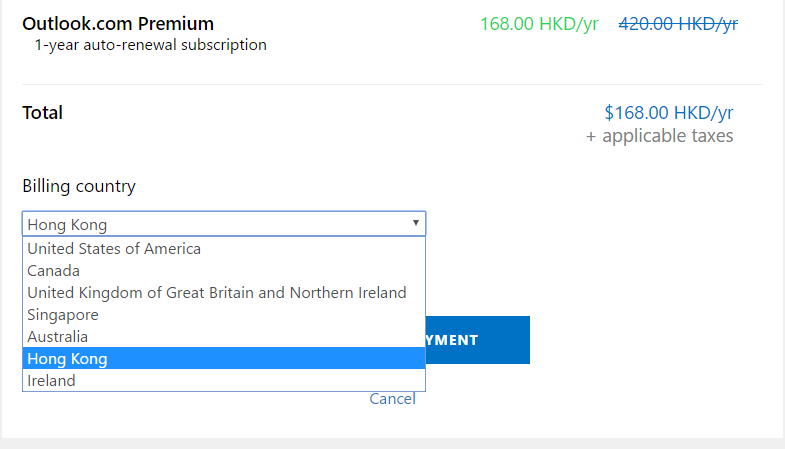

The company’s GAAP EPS came in at 34 cents per share, for a 5-cent y/y gain. The company’s top line revenue figure, of $20.5 billion, was up 10% year-over-year, and operating income rose over the same period from $1.7 billion to $1.8 billion. In February, Energy Transfer reported its final quarter of 2022, with somewhat mixed results. The additions to ET’s network will spread from the Permian Basin of Texas-New Mexico into Oklahoma. The transaction, which is expected to be completed in 2Q23, is worth an estimated $1.45 billion and will add approximately 3,000 miles of pipelines for crude oil gathering and transportation. In an interesting development, in late March Energy Transfer entered into a ‘definitive agreement’ for the acquisition of Lotus Midstream, a smaller competitor. While the network is centered around the Gulf Coast in Texas and Louisiana, the company also has a heavy presence in Arkansas and Oklahoma, and its network branches out to Florida, the Mid Atlantic region, and the Great Lakes states. ET has an asset network that includes nearly 120,000 miles of pipelines for both crude oil and natural gas, in addition to export terminals, fractionators, gathering facilities, processing plants, and storage farms. With a market cap of more than $38 billion, this is one of the largest midstream companies in North America. We’ll start in the hydrocarbon energy sector, taking a look at a midstream company, Energy Transfer.

The defensive moves that the JPM analysts are recommending are high-yield dividend stocks, with long histories of keeping up reliable payment streams for dividend investors – and with yields well above average, even approaching 9% or better. JPMorgan's stock analysts are taking that as a cue to point out solid defensive stock plays to weather a storm. But once it hits, whatever you own, you own, and you have to hope that you own the stuff that recovers," Michele opined. You don't know exactly where it's going to hit. If we've been taught anything this past month, you may see it coming or you may not. "You could have a feel-good period, and then the reality of the cumulative and lag catch up and slow the economy down.


 0 kommentar(er)
0 kommentar(er)
